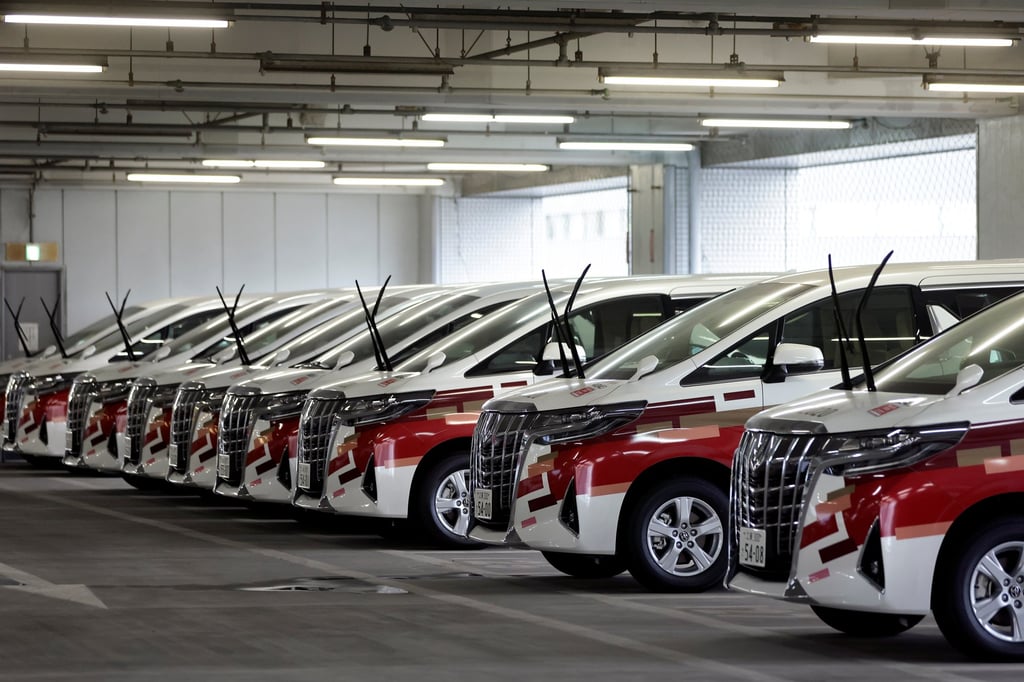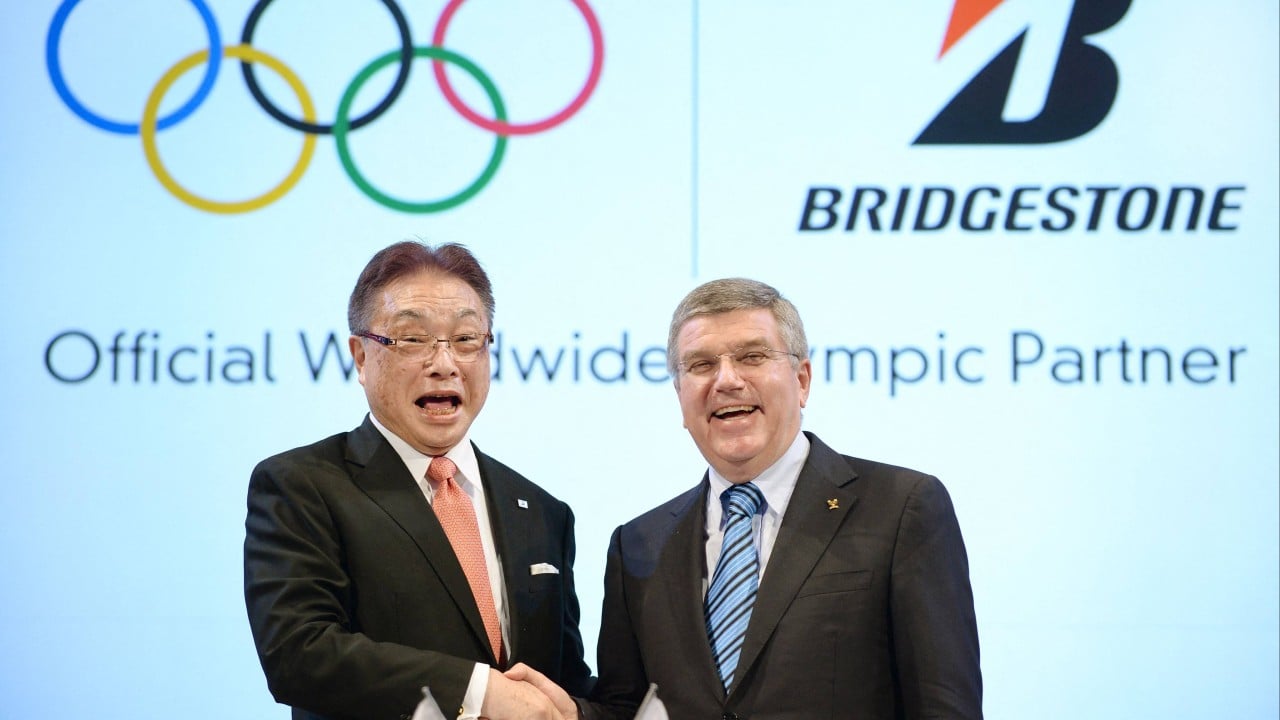Three of Japan’s largest companies have announced they will not renew their sponsorship deals with the Olympic Games and Paralympics, a shift analysts say is driven by evolving advertising trends and the reputational risks of being associated with the Games’ recent scandals.
Advertisement
The decisions by Toyota Motor Corp, Panasonic and, most recently, Bridgestone will inevitably be a financial blow to the International Olympic Committee (IOC), although it does open up new promotional opportunities to other firms – some of which may turn out to be direct foreign rivals of the Japanese companies.
Noriko Hama, a professor of economics at Doshisha University in Kyoto, said the firms’ decisions were likely based on a number of factors.
“The Olympics are not particularly popular with the general public and companies are concluding that if they are not getting the appropriate cost performance out of these sponsorships, then they are not worth continuing,” she told This Week in Asia.
Toyota was the first to confirm that it would not be extending its agreement, which ran out at the end of the Paris Olympics this summer. The deal was reportedly the IOC’s largest single sponsorship agreement and worth US$835 million when it was signed in 2015. It had been rumoured as far back as May that the deal would not be extended.

Toyota was reportedly unhappy with the way sponsors’ money was being spent, with Kyodo News citing sources in the company as saying funds were “not used effectively to support athletes and promote sports”.

